Masterclass by President Aliyev “Promise made – promise kept”
Yesterday, on his Truth Social page, U.S. President Donald Trump described the upcoming ceremony for the signing of the peace agreement involving President Ilham Aliyev and Prime Minister Nikol Pashinyan as a "historic day for Armenia, Azerbaijan, the United States, and, the world."
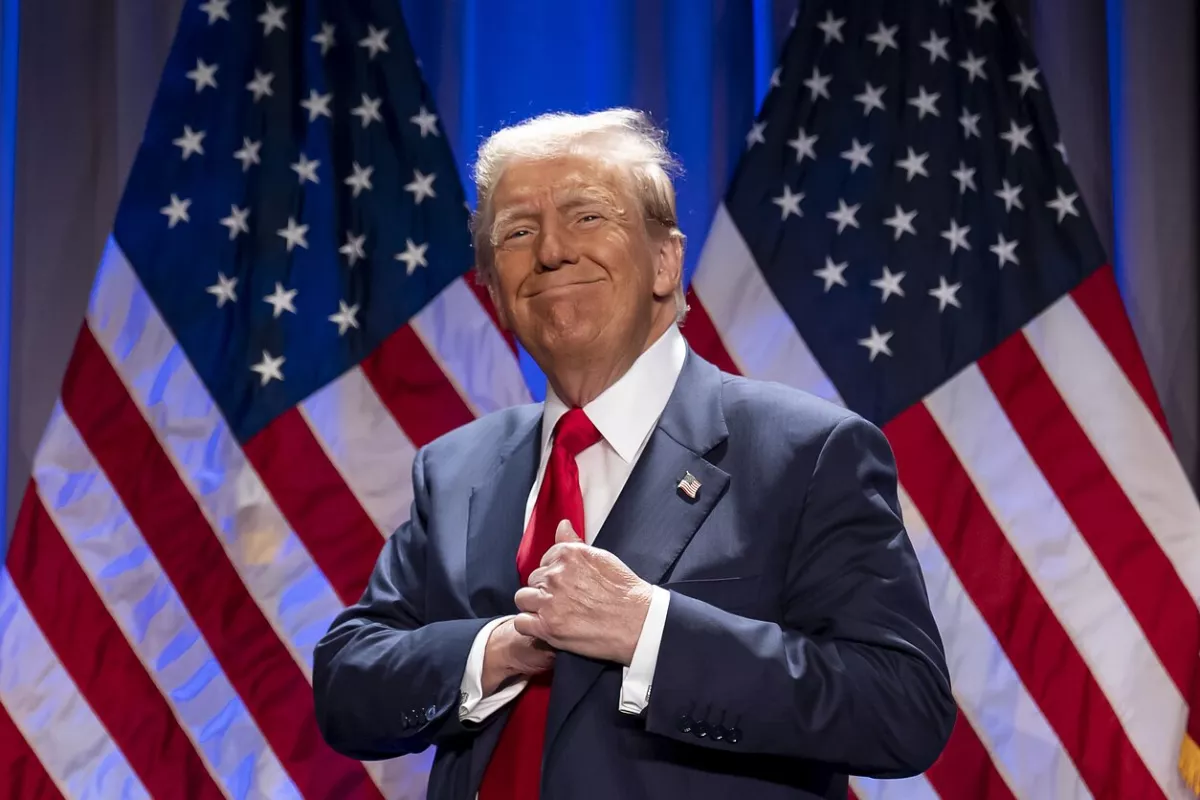
In this context, one cannot help but agree with Trump’s emphasis on the historic nature of the upcoming event. But let’s be frank and objective: everything unfolding before our eyes is, without a doubt and beyond question, a brilliant historic success for the leader of Azerbaijan.
And this is not an attempt to present wishful thinking as reality. The nuance here lies in the fact that when events of such magnitude take place—drawing the attention of virtually the entire world—they usually represent the success of a politician (or a state) through the lens of military, economic, or diplomatic achievements. However, in light of what is happening in the U.S. capital, one can speak of a unique puzzle of success of tremendous significance, pieced together by President Ilham Aliyev—thanks to his simultaneous delivery of results across political-economic, military-diplomatic, and socio-cultural domains. And it is precisely this distinguishing nuance that sets the current events apart from others of a similar scale.
Without a doubt, the adversaries of the Azerbaijani people will disagree with the viewpoint expressed here. But what alternative interpretation can they offer for events unfolding before the eyes of the world? After all, this is not a fabricated reality show—it is genuine history of global significance. This is true not least because, whether some like it or not, President Ilham Aliyev has fulfilled nearly all the goals and objectives he set out during his presidency.
To avoid empty rhetoric, let us recall how, during his inaugural address in 2003, the head of state—having pledged to justify the high trust placed in him and to continue the policy of the National Leader Heydar Aliyev—emphasised: “By uniting and consolidating our efforts, we will turn Azerbaijan into a wealthy and powerful state,” adding that the country's economic potential “will allow us to do everything necessary to ensure our army can accomplish any task it faces.”
Ilham Aliyev also stated that Azerbaijan would never reconcile itself to the occupation of its lands, declaring: “Everyone must know that although we seek a peaceful resolution to this issue, our patience is not unlimited. Azerbaijan will, no matter what, liberate its lands.”
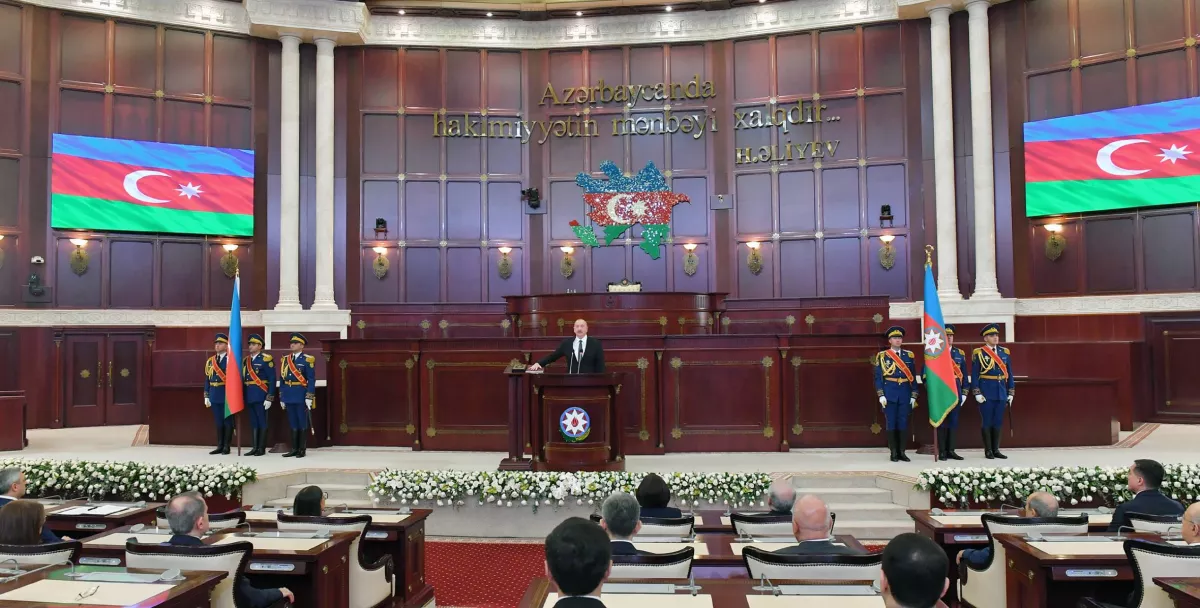
Commentary here is hardly necessary. We would simply draw the attention of biased actors to one particular phrase: “Everyone must know…”—and add that, indeed, EVERYONE did come to know: “Promise made – promise kept.” This is the unmistakable signature of President Ilham Aliyev, reaffirmed once again during his latest inaugural address in 2024, when he stated that “all the promises I made in 2003 have been fulfilled.”
He went on to emphasise that the source of “all our achievements is the Azerbaijani people, their trust in me, and their ability to unite around a single goal.” As a result, “we have proved to the whole world that we are a great nation, that we are in charge of our own destiny.” As President Aliyev noted, it was by uniting like a clenched fist that the Azerbaijani people liberated the greater part of their lands during the Patriotic War and achieved the restoration of historical justice.
However, for three years after the war, Armenia failed to honour its obligations—making the counter-terrorism operation inevitable. In just a few hours, nearly 15,000 Armenian occupying troops were completely paralysed, and Armenia was forced to sign a second act of capitulation.
Separatism on our land was completely eradicated. The occupiers fled the battlefield in disgrace—some, quite literally, with toilet bowls under their arms—while Azerbaijan fully restored both its territorial integrity and state sovereignty.
In this context, let us remind our adversaries of yet another promise President Ilham Aliyev has fulfilled.
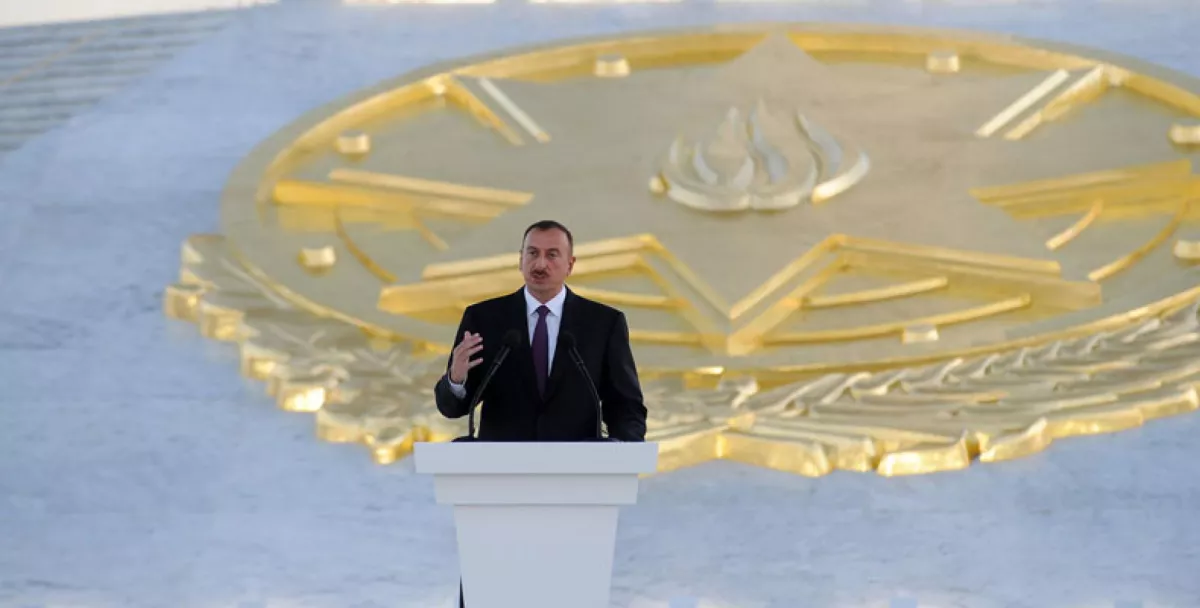
In 2010, during his speech at the opening of the National Flag Square in Baku, the head of state assured that “after the restoration of Azerbaijan’s territorial integrity, our state flag will be hoisted in the lands still under occupation now. Our state flag will be hoisted in Karabakh, Khankendi and Shusha.”
And once again: “Promise made – promise kept.”
In this regard, it is impossible not to recall the president’s address at the 5th Congress of World Azerbaijanis in Shusha, where he drew a parallel with the speech of the National Leader Heydar Aliyev at the 1st Congress in 2001. Ilham Aliyev noted that, following the confidence expressed by the National Leader regarding the liberation of occupied lands, “we,the followers of the Great Leader, have made these words come true.”
Perhaps, in the context of the anticipated event in Washington, it is also symbolic to pay attention to the attitude towards Heydar Aliyev expressed by the 41st U.S. president and former CIA director George H.W. Bush. According to him, Heydar Aliyev “will always be remembered for the role he played in the early years of Azerbaijan's independence in its shape-up. Moreover, thanks to his efforts, we succeeded in forging strong economic and diplomatic relations between the two countries.”
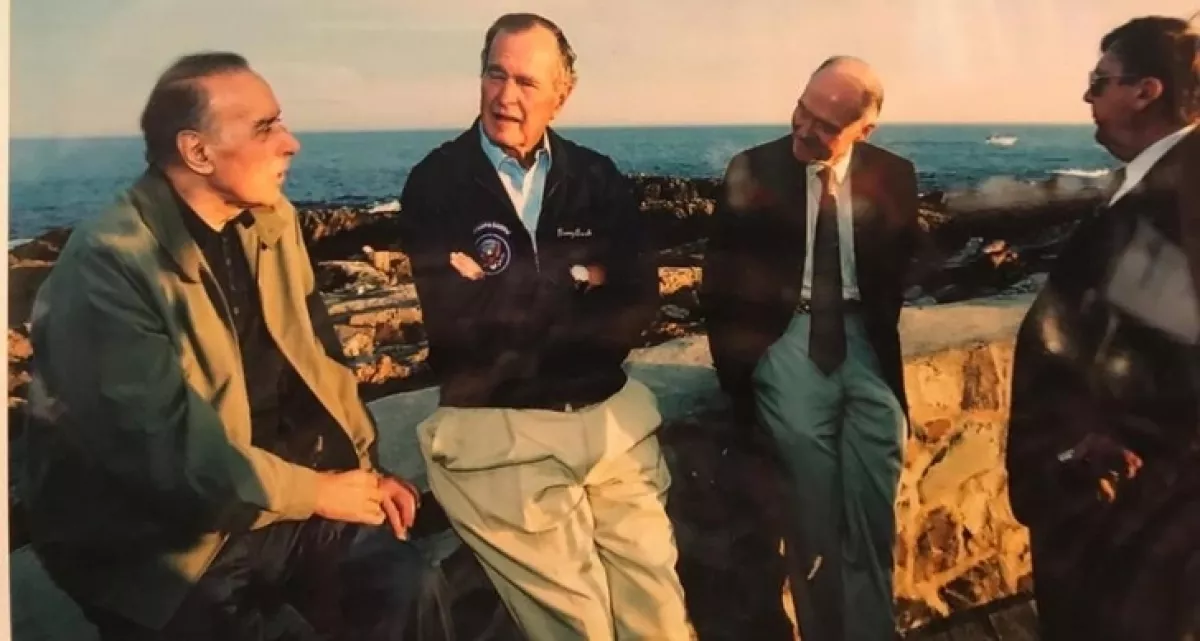
Can we fail to recognise, in light of the above, how precisely and masterfully President Ilham Aliyev has realised the aspirations of Heydar Aliyev, leading Azerbaijan to new geopolitical heights? This achievement enabled him to confidently deliver a crucial message to all interested parties: “ From now on, the people of Azerbaijan will live as a victorious nation, the state of Azerbaijan will live as a victorious state.”
This is further confirmed by the history being made by this victorious country in the United States—an event of global significance—despite the resistance to this process from the Biden administration and French President Emmanuel Macron’s team. Undoubtedly, today they must be regretting, seeing how effective Baku’s five main principles for resolving the Armenian-Azerbaijani conflict have proven to be. It was these principles that led to the agreement on the peace treaty text in March 2025.
Now on the agenda is Armenia’s acceptance of all Azerbaijani conditions, including the dissolution of the Minsk Group, the renunciation of territorial claims, and the opening of the Zangezur Corridor.
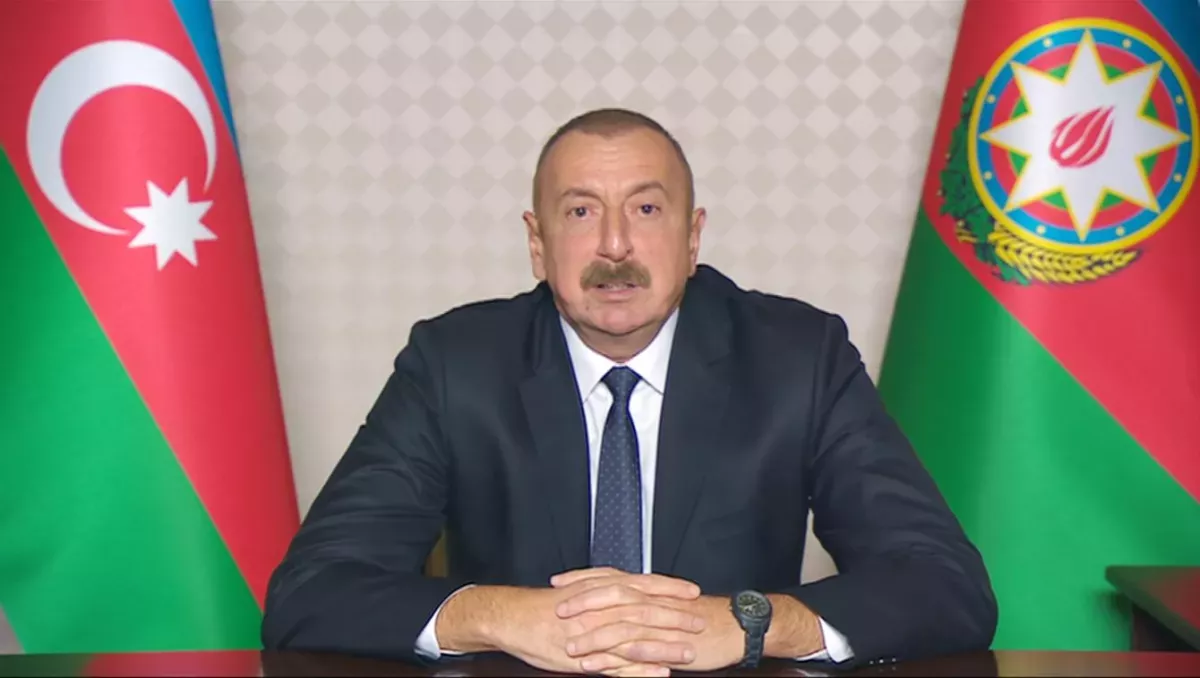
In October 2020, the President of Azerbaijan declared: “I have changed the status quo, I have changed it! There, on the battlefield.”
What is happening today in the United States unequivocally demonstrates that the new realities of the South Caucasus have been recognised by the world’s leading powers.








